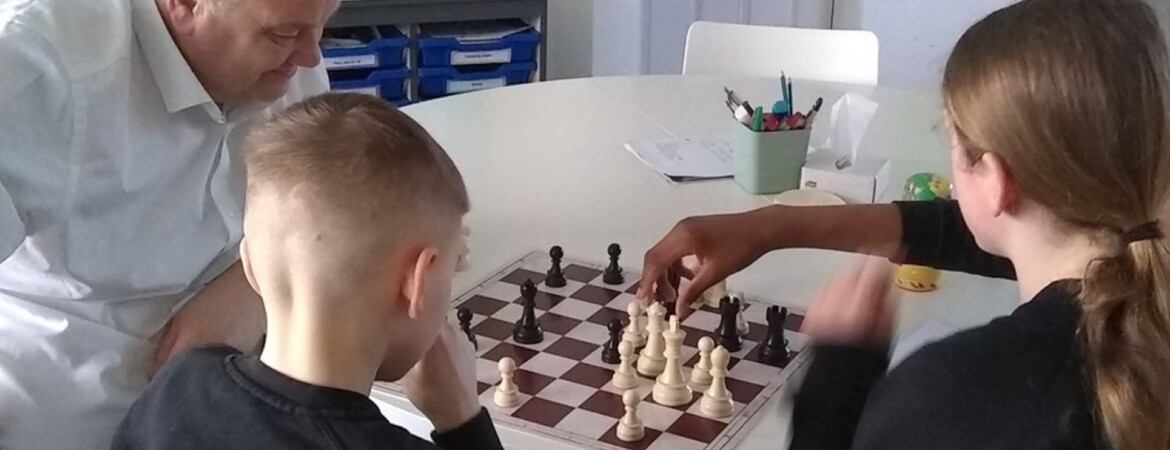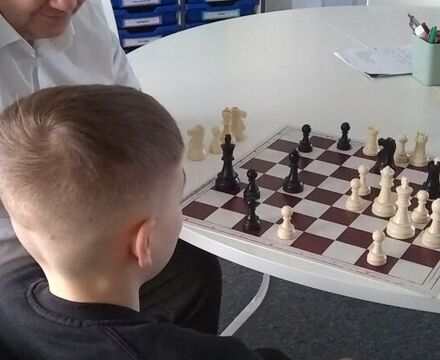- Home
- News
- Latest News
- Check, Mate!
Check, Mate!
Return to Latest News
For years, the game of Chess has been played and adored around the world. But what makes it so special? Well, pupils in Mary Astell Academy have been finding out.
Believed to have been invented in China as a battle simulator, Chess brings our young people a host of skills that can be applied to their everyday lives today. Here are some that we focus on at Mary Astell through our Chess intervention.
Building Empathy and Positive Relationships
Relationship building is at the core of everything we do here at Mary Astell Academy, and Chess helps our pupils to build healthy social relationships by developing their ability to see from someone else’s perspective. Practicing this skill not only helps our pupils infer what action their opponent is likely to take, it also encourages them to exercise empathy in other areas, allowing them to see from other peoples viewpoint and consider another person’s perspective.
Cultivating Critical Thinking Skills
Through Chess, pupils learn how to analyse a situation by focussing on the important factors and blocking out distractions. Pupils learn how to devise creative solutions and put a plan into action. Problem solving, abstract reasoning, patience, pattern recognition, and strategic and creative thinking are all vital tools in learning how to use critical thinking skills in real-world scenarios and help pupils become better problem solvers in their everyday life.
Improving Memory
Since Chess involves memorising numerous combinations of moves and their potential outcomes, it’s no wonder that Chess is an excellent tool to help improve memory. By playing Chess, our pupils strengthen their memory through repetition and recall, and begin to recognise and remember visual patterns that they may not have previously. This is a skill that can be transferred to learning to improve outcomes across the curriculum.
Our pupils have become engrossed in this intervention, learning new skills while having fun. And who doesn’t love the satisfaction of beating their teacher at Chess, because they regularly do!

